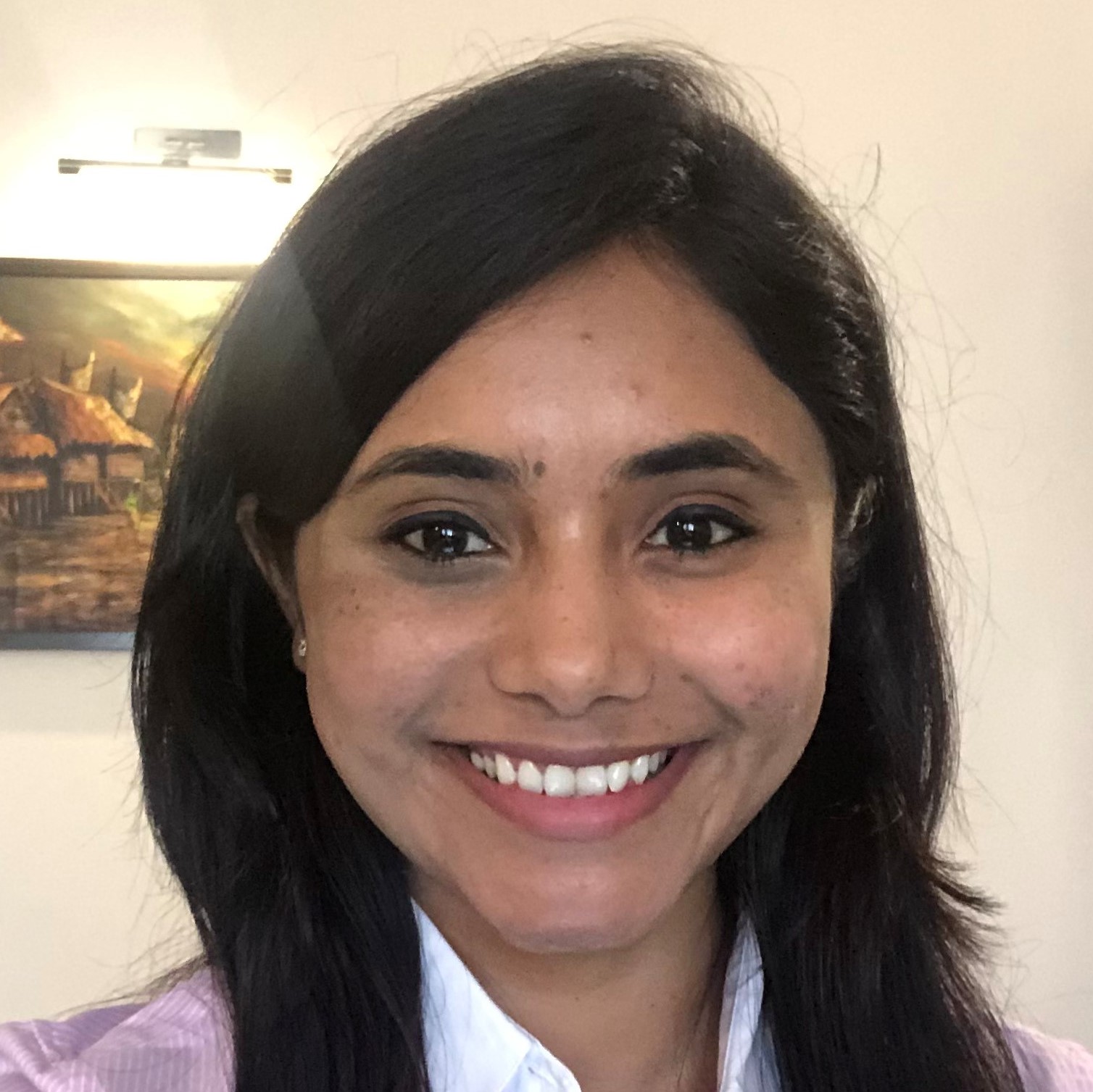Featured Topics
Featured Products
Events
S&P Global Offerings
Featured Topics
Featured Products
Events
S&P Global Offerings
Featured Topics
Featured Products
Events
S&P Global Offerings
Featured Topics
Featured Products
Events
Our Methodology
Methodology & Participation
Reference Tools
S&P Global
S&P Global Offerings
S&P Global
Our Methodology
Methodology & Participation
Reference Tools
S&P Global
S&P Global Offerings
S&P Global
14 Apr 2022 | 10:00 UTC
Highlights
Fraught with rejections, developers say they can't comprehend new rules
Delays in registrations by developers led to tightening of deadlines, says GS
Changing rules, tight deadlines hard to manage: developers
Turkish renewable carbon credit developers seem to be struggling with Gold Standard's rulebook updates, with many dealing with rejections of their requests for extension of deadlines, and uncertainty about the future of their projects.
According to the international verifier, the current version of the standard, Gold Standard for the Global Goals (GS4GG), was launched in July 2017, with the expectation that projects would transition to the new version of the standard soon after.
In an email to S&P Global Commodity Insights, the standard says their rules were set in a flexible manner to allow for different rhythms of transition for different projects. But in 2021, four years after the introduction of GS4GG, the pipeline had a few projects that were still applying previous versions of the standard and did not complete validation and, therefore, registration. This created inconsistencies and challenges for the system, where newer projects had to comply with the updated standard requirements. For example, GS4GG has a requirement for projects to complete validation within two years of date of listing, whereas projects under previous versions of the standard could delay validation for years.
"To ensure consistency and fairness in rules, the Gold Standard Technical Advisory Committee (TAC) introduced a sunset clause for projects that had started their certification processes with previous versions of the standard, but had still not completed validation more than four years later. The rule update was published on Aug. 16, 2021 with the deadline for completion of pending validations by Nov. 23, 2021, more than 90 days after publication," said Gold Standard to S&P Global in the email.
The standard said several projects affected by the sunset clause met this timeline and are moving forward in the certification process, which is independently managed by Gold Standard's certification body, SustainCERT. A few projects requested deviations from the 2021 rule update to extend their deadlines, citing project-specific situations. These deviation requests were reviewed on a project-by-project basis.
The Gold Standard has made the deviation requests submitted public. S&P Global examined the requests and found there were 63 in total, out of which 27 were not approved. Out of the 27, 16 projects rejected were based in Turkey.
A distraught Turkish developer claimed the standard was "being difficult", calling the recent rule updates an excuse to "kill old projects". The developer compared the standard to Verra, another certifier, saying their rules were simpler and more liberal.
A second developer, however, said that while Verra was less strict, credit issuances were very slow.
"Gold Standard, however, has been very stringent off late," said the source. "The new criterion has made it difficult for developers from Turkey."
A third developer said, "They are being incredibly unreasonable and are doing their best to narrow down the pipeline. Developers working in the field need consistency and in case the rules change, we need long grace periods."
The developer referred to the Gold Standard Technical Advisory Committee (TAC)'s sunset clause saying that the November deadline was too tight as the rule update had been published only in August. "It was impossible for all the listed projects to access validation within the deadline. The queue was too long. There were further inconsistences as the verifiers didn't understand the tight timeline."
The developer further said they were having trouble communicating with the standard. "Getting a response is almost impossible. For instance, we start working with a new methodology of which there are only a few examples in the market, and we need to make sure that methodology fits our project. When we want to consult with the standard, they do not respond," said the developer.
A fourth developer who has faced rejections of his deadline extension requests for multiple projects said he was struggling with comprehending the rules.
"If a project is listed according to the previous version of the standard, the deadline for registration is Nov 23, 2021. But if you follow the new version of the standard (the Global Goals template), you have to register within two years of listing, so projects are rejected on this basis. But if I use the previous template, I must apply for transition to the Global Goals template. The rules are confusing and inconsistent," said the developer. "We can't understand what rules to develop projects under."
The developer says 2-3 projects of his were rejected and he was expecting more rejections.
In response to a question by S&P Global on developers struggling with a lack of clarity on rules, Gold Standard said, "We understand that there may have been challenges in communication among various participants in the process specific to the applicable deadlines for eligibility, and we are committing to providing clarification where needed."
As project originators we are in the hot seat daily, said a developer. "We need collaboration with the standards, not conflict."
